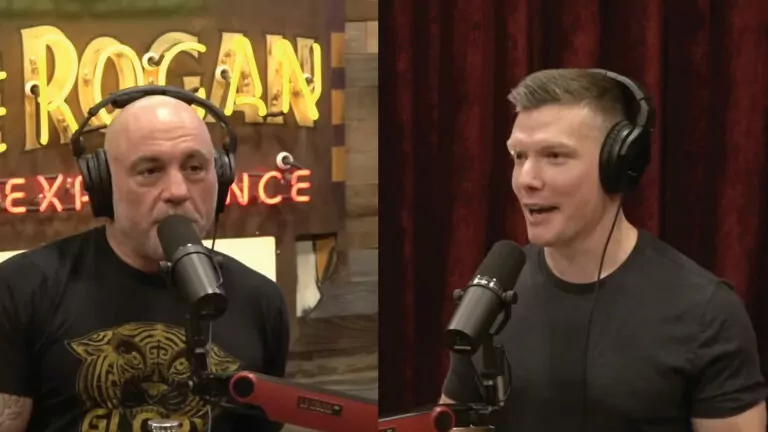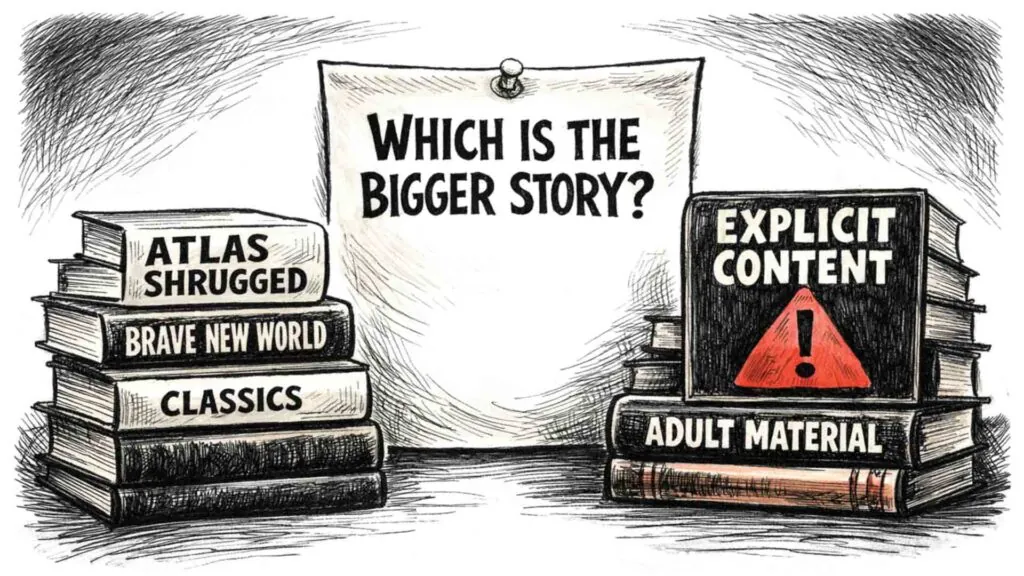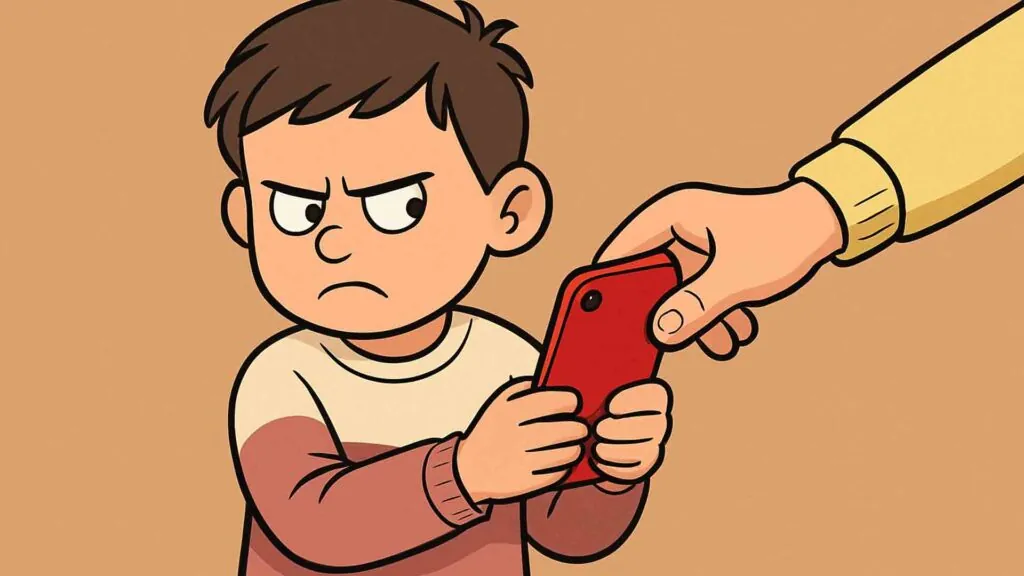Things can change quickly when you have the courage to seize an opportunity, and are blessed by God.
33-year-old Wesley Huff is serving as the Central Canada Director of Apologetics Canada, while doing his PhD in New Testament at Wycliffe College in Toronto. Although he is well-respected by the relatively small audience plugged into the work of Apologetics Canada, that was about the extent of it. That is, until a few months ago.
Last fall, Huff agreed to a last-minute request to come onto a podcast the next day to debate Billy Carson, someone who is well-known worldwide, but for all the wrong reasons. Carson is a proponent of New Age teachings and argues that ancient texts disprove the deity of Christ.
It wasn’t long into the podcast before Huff humbly and respectfully dismantled Billy Carson’s arguments. Reflecting on the debate later, Huff said that what surprised him was that he expected a rebuttal from Carson. But there wasn’t one.
“People like Billy are confident in the way that they say things, but that confidence isn’t always backed up by the reality of the evidence and so confidence and competence are not the same thing.”
It went so poorly for Carson that he sent a legal “cease and desist” letter, to try to prevent the podcast from getting released. But it went public, and got noticed – it’s had millions of online views.
One of the people who noticed it was Joe Rogan, who runs what might be the most popular podcast in the world. Earlier, in 2024, he’d interviewed Billy Carson, and seeing Wes Huff dismantle Carson got his attention. On Christmas Eve, Rogan sent an invitation to Huff to come down to his studio in Texas within the week to do an interview about the historical accuracy of the Bible.
“There is no way I could have orchestrated any of the events leading up to this moment,” Huff told Faith Today.
“I could not have gotten myself on Joe Rogan’s podcast by my own volition, and so beforehand, I was really trying to just trust, leaning not in my own understanding, but leaning on the fact that this is a situation that the Spirit has designed.”
The interview with Rogan went for over three hours and has currently been seen 5.9 million times on his YouTube channel (not including so many other clips and versions). Huff’s personal YouTube page went from relative obscurity to 482,000 subscribers.
Huff shared with Faith Today that the interview with Rogan is an indication that people are warming to Christianity. “Seven to 10 years ago he was mocking Christianity and religious perspectives to now, I think he himself has seen that there has to be more.”
Although he has been inundated with requests for more debates, Huff shared on his personal YouTube channel that he will be declining almost all of them as his priority is to keep serving as a husband, father, student, and employee.












